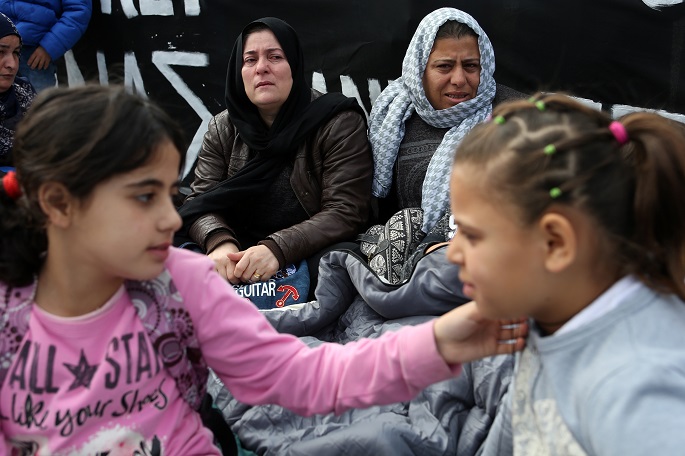Afghanistan, Somalia termed unstable, Iraq´s violence level high
Migri assesses each case individually to grant asylum
Published : 21 Jun 2018, 01:54
The situation in Afghanistan and Somalia remains unstable while several areas in Iraq remain in high level of violence, according to the updated report published by Finnish Immigration Services on Wednesday.
In contrast, the situation in for example Mosul, which used to be under ISIS control, is more stable than before, and remigration to the area continues, said a press release.
Asylum seekers are always granted international protection if they are at risk of personal persecution or serious harm everywhere in their home country.
Simply stating that an adult or an unaccompanied minor asylum seeker is originally from a certain area in any of these three countries will not automatically give him or her the right to get international protection.
The circumstances of each asylum seeker are assessed on an individual basis. In each case, the agency examines whether the person in question is at risk of persecution or serious harm if he or she returns to his or her home country.
If there is such a risk, the agency will investigate whether the person in question may settle in another area in his or her home country where this risk is not present.
The so called internal flight alternative is always assessed case by case, taking the applicant’s personal circumstances into account. Internal flight is not required of everyone: for example unaccompanied minors or lone women without a safety network are not required to relocate within their home countries, said the report.
Internal flight is not required either if it is probable that the asylum seeker would have to live in an internal refugee camp in his or her home country.
The situation reports of the Finnish Immigration Service are updated every six months.
According to the updated situation report on Iraq, there are currently no areas where the level of armed violence would be so extreme that anyone returning to the area would be at risk of being subjected to armed violence.
However, an applicant’s personal circumstances might put him or her at a greater risk of violence than an average member of the population, and this is always taken into account when asylum decisions are made.
The security situation in Iraq varies, and there are still several areas where the level of violence is high. These areas include the districts of Tarmia, Mada’in and Abu Ghraib, which surround the city of Baghdad, the district of Hawija in the Kirkuk province, and Mosul, which used to be under ISIS control.
Even though terrorism has not yet been rooted out of Iraq, the number of civilians who are killed or injured because of an armed conflict has been falling steadily. Furthermore, the first elections since the recapture of regions from ISIS were held in May.
The security situation in Afghanistan has been unstable even this year. The threat of indiscriminate violence is extremely high in certain parts of the country, which is why no one will be returned to these areas. These areas still include Ÿ Helmand province; Ÿ districts of Tirin Kot, Dehrawud and Chora in the Uruzgan province; Ÿ the southern districts of Achin, Kot, Nazyan, Chaparhar, Bati Kot, Pachir wa Agam, Khogiani and Deh Bala/Haska Mina in Nangarhar province; Ÿ districts of Ghorak, Khakriz, Maiwand, Nish and Shah Wali Kot in the Kandahar province.
In Somalia, the human rights and security situation remains difficult. Southern and Central Somalia have the most difficult circumstances, because the battles between al-Shabaab and the government have continued there. The security situation remains unstable also in the capital city Mogadishu.
Conflicts between clans have caused insecurity in different parts of the country, and the conflicts have been intensified by the long period of drought and the shortage of pasture land and water. During the rainy season that began in the spring, the exceptionally high rainfall ended the drought but caused large floods and worsened the living conditions in the country.
In spite of all this, the situation is not such that anyone originating from Somalia has grounds for asylum or subsidiary protection solely on the basis of their place of origin. The situation of each asylum seeker is assessed individually.


